6 Senegalese Phrases You’ll Need to Know
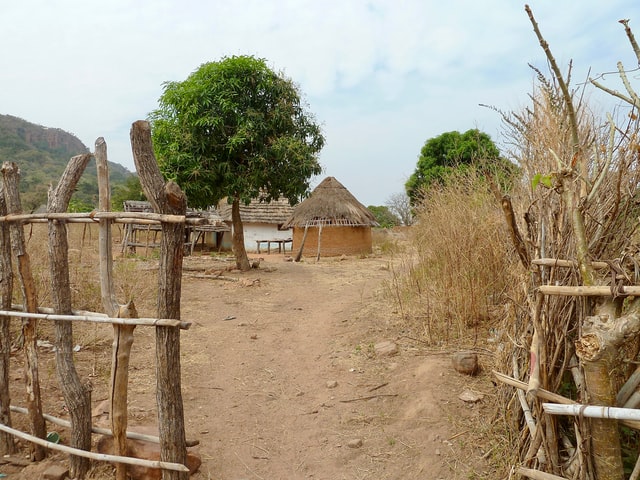
During colonial days, Senegal was the jewel of the French crown. And there’s good reason for this. While we’ve come a long way from those imperialist days, Senegal, a country rich in ethnic and linguistic diversity, remains a huge attraction for travelers. If you’re planning a trip to Senegal, you’ll want to know that the country is home to a plethora of spoken languages. While the Senegalese phrases below may help you evade frustrations that many women face, I really hope that they help you in forging connections.
That, to me, is what Senegal is all about.
6 Senegalese Phrases You’ll Need to Know
1. C’est madame ou bien mademoiselle?
Chances are, if you’re a woman traveling in Senegal—and particularly a foreign woman—you’re going to hear this phrase more times than you’ll care to count. If you think back to your high school French class, you may recall that madame refers to a woman who is married, while mademoiselle implies a young woman not yet married. So, the questioner wants to know whether or not you are taken.
Don’t let this annoy you. You’ll hear it so often that it has the potential to ruin your whole trip. Therefore, either just plan on answering madame and leave it at that, or have some fun with it. The Senegalese love to joke around.
If the questioner continues to hassle you, tell him that he isn’t handsome (tu n’es pas beau) or that it would cost him more cows to marry you than he can probably afford (au moins, cent vaches).
2. Inshallah
This is a lovely and useful Arabic phrase meaning, “if God wills it.”
With some time, you may start to decipher the various nuances that this phrase has. Anytime that I would leave my village, my host family would tell me, “See you tomorrow, inshallah.” What this meant was that, even though I was planning on coming back the next day, one never knows in Senegal. I may get sick. Or there may be a transportation strike with no cars running to my village. Or torrential rains may make the roads impassable. All of these things would be out of my control–acts of God.
Also, if you want to say no without actually saying no, you can always just blame it on God. If someone asks you to marry them and take them to Amerik, you can simply say, “Sure thing, inshallah.” Meaning that most likely, God will not will it.
3. Yaangi noos
This is a fun Wolof phrase meaning, “Are you enjoying life?” It’s an informal greeting, often between friends, and it exemplifies the fun and laid back outlook that the Senegalese have. A good response to this is waaw which is Wolof for “yes” (pronounced like “wow”).
When Obama visited Senegal in 2013, a number of Peace Corps Volunteers were invited to hear him speak in Dakar. He looked out over the sea of grubby, gaunt volunteers and said, “Yaangi noos?” It was confirmed then, as we had always known, that Obama was full of noos.
6 Senegalese Phrases You’ll Need to Know
4. Asalaamaleikum
This is another beautiful Arabic phrase meaning, “Peace be upon you.” In Senegal, you are expected to say this greeting when you enter a room, a store, a house, and especially if you are taking public transportation. If you are taking a sept place (a car that has seven seats, or places), you should say this when you enter the vehicle, as you are going to be squeezed in with these strangers for many hours in the heat and dust.
Try saying this when getting into a taxi and, more likely than not, it could help get the price lowered (all taxi prices are based on negotiation, not meters).
5. Toubab
While the origins of this word are unknown, the meaning is clear: foreigner or anything that is foreign. One time I was walking down a street with my Malinke teacher–a Senegalese born and raised–and someone called him a toubab. He explained it was because he was wearing Western-style clothes.
This word is not derogatory. The Senegalese love to point out differences in people. Therefore, it’s only normal to use toubab to differentiate us from them. We are different; let’s celebrate it!
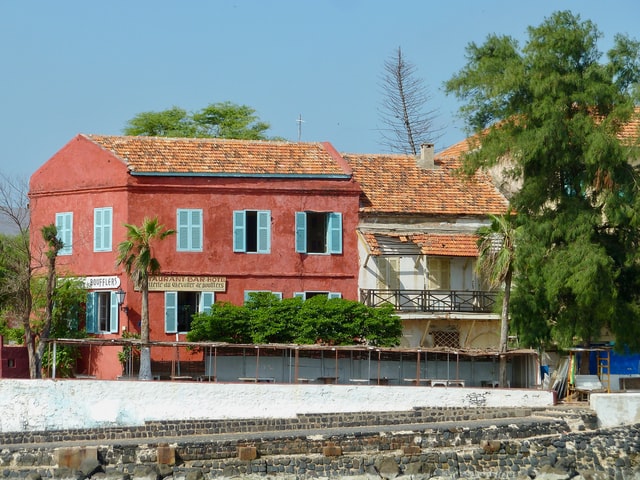
6. Nonverbal Arm Flap
Not speaking the language may cause us to miss out on some things, but it also affords us the opportunity to observe unspoken means of communication.
Senegal has many examples of this. There’s one way to click your tongue that means “yes” and another way to click that means “no.” Making a gentle farting sound with your mouth conveys to the person you’re talking to that he or she is full of it.
One of my favorite non-verbals is the sign that means “I refuse.” Imagine the funky chicken dance.
One of my favorite non-verbals is the sign that means “I refuse.” Imagine the funky chicken dance. Now imagine just doing the arm flap motion one time. You have just indicated to your conversation partner that you refuse whatever it is he or she has just suggested.
You may often see kids doing this when they don’t want to comply with their parent’s orders. In my more frustrated moments, I would often use this sign when someone asked me to take them to Amerik. Flap your arms, walk away. C’est simple, quoi.
6 Senegalese Phrases You’ll Need to Know
Related Reading
Warding off Marriage Proposals from Senegalese Men
Have you traveled to Sengal? What were your impressions? Email us at editor@pinkpangea.com for information about sharing your experience and advice with the Pink Pangea community. We can’t wait to hear from you.
6 Senegalese Phrases You’ll Need to Know photo credit:Unsplash.

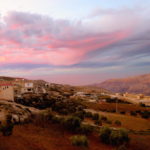
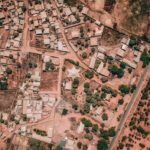

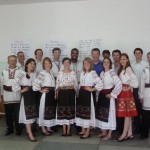




Inshallah does not mean God will not will it, it means May God wills it. It’s a big difference there. So please change it
Thank you Chrissie! This article is so important. I think it would help other volunteers who plan to serve in senegal. Seeing you naming SIT of Vermont remains me many good memories coz i took corses there in 2012 and i know many people there. Hope you enjoyed being at SIT.
Thanks, Aliou! Glad you enjoyed the article, and thrilled that you went to SIT. I completed my Masters there – great school!